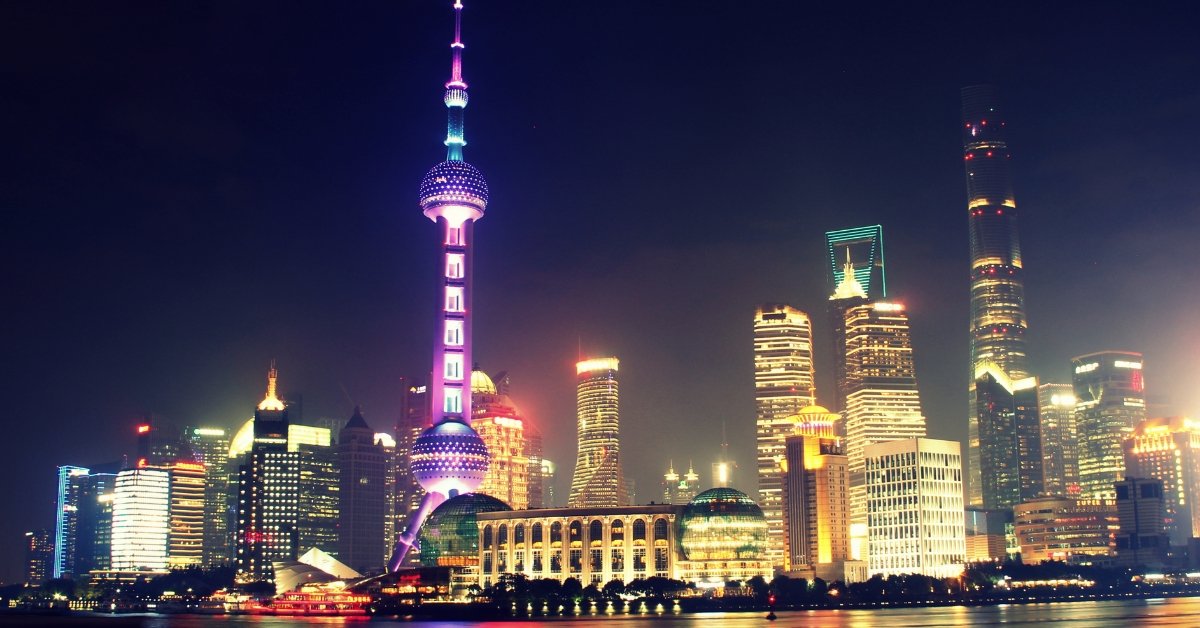China will implement export controls on aviation and space components starting July 1 to safeguard national security. To comply, exporters must apply for a license.
Table of Contents
China Tightens Export Controls on Aviation and Space Components
On Thursday, China’s Ministry of Commerce announced that the country will implement export controls on specific aviation and space components starting July 1.
This decision, aimed at protecting national security and interests, will require exporters to obtain a license for shipping items abroad.
New Export Regulations to Safeguard National Security
The statement, jointly issued by China’s Customs Administration and Central Military Commission, detailed the need to safeguard national security and fulfill international obligations like non-proliferation.
The new regulations include aerospace structural components, equipment, and software for engine manufacturing, gas turbine engines, molds for spacesuit parts, and advanced polymers used in bulletproof clothing.
Exporters must apply for a license from the Ministry of Commerce, which will assess if the items could have “dual-use” military applications.
Historical Context and International Practices
China’s move follows the introduction of the Export Control Law in late 2020, a measure taken amid escalating trade tensions with the United States. The law was primarily seen as consolidating various legislations into a cohesive framework.
Trade tensions began with the Trump-era tariffs on $300 billion worth of Chinese goods in 2018.
This backdrop set the stage for tighter control measures, reflecting a global trend where nations, including the United States and the European Union, regulate the export of aerospace components to prevent their use by hostile states.
Ensuring Compliance and Global Cooperation
The Ministry of Commerce emphasized that the new policy is not aimed at any specific country or region. Instead, it is a step toward aligning with international practices and addressing China’s security needs.
The ministry’s explanatory note reassured that exports would be licensed if they meet the stipulated regulations, underscoring a commitment to international cooperation.
China has learned from international practices and has tailored its export controls to suit its requirements, ensuring that its policies align with global standards while safeguarding its national interests.
Understanding the Implications
This new regulation is expected to have significant implications for exporters of aviation and space components.
The need for licenses introduces a layer of scrutiny aimed at preventing the misuse of advanced technologies.
Exporters should prepare for the new requirements by familiarizing themselves with the application process and ensuring compliance to avoid disruptions in their operations.
Stay Updated
As the July 1 implementation date approaches, exporters and international partners must stay informed about further details and guidelines from China’s Ministry of Commerce.
This proactive approach will help in navigating the new regulatory landscape smoothly.







